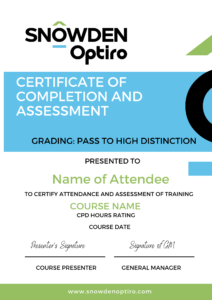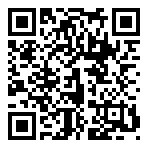
Sampling Theory and Best Practice – Perth and Online
The mightiest operation starts with samples! Understanding the impacts of poor sampling, how to optimise the frequency size and the nature of the sample, and quantifying the errors associated with your samples is among the most important information you must have.
In this 1-day course we examine the two principal fields of sampling – theory and practice. Practice of how the sample is taken, delimited, reduced, transported and prepared; and the theory of how to measure the errors associated with our sampling protocols, and to optimise those protocols. The outcomes will be a detailed understanding of what the key issues in sampling are and how to ensure value add in the sampling process.
Course outline:
- Introduction – fundamentals of sampling; precision, accuracy and bias; the relationship between sampling and QAQC; a practical demonstration of sampling issues.
- Understanding the various types of sampling error and how they interact; realise that errors in sampling don’t cancel!
- A thorough review of sampling practice from exploration through to concentrate sampling at the port; sampling horror stories and success stories.
- How to calculate the fundamental sampling error and the three key drivers for sampling error; the FSE and total error; the FSE and the nugget effect.
- Sampling protocols; what are they, how to calculate one, how to analyse and critique one; the objectives of a protocol.
- Sampling throughout the mining/processing/shipping cycle; good and bad samples; understanding sampling for metal balance calculations.
During the course you will:
- Cover the key areas of sampling practice associated with drillholes, broken material and moving sample streams.
- Understand how to take a reliable sample and how to recognise and remedy poor sampling practice in the exploration and mining cycle.
- Appreciate the various errors that contribute to overall sampling error; understand which can be minimised and which can merely be measured.
- Construct and evaluate sampling protocols and learn how to optimise sampling schemes for maximum return on investment.
- Understand the effects of sampling practice in reconciliation and metallurgical balance calculations.
Attendee feedback:
- Very well presented and hosted. Thank you.
- Very informative. Thanks!
Open-Book Post-Course Assessment Exam
 As part of your course package, you have the option to take an open-book post-training course assessment exam at no additional cost. This is a valuable opportunity for you to reinforce your learning and demonstrate your understanding of the course material, and for you to add to your professional portfolio.
As part of your course package, you have the option to take an open-book post-training course assessment exam at no additional cost. This is a valuable opportunity for you to reinforce your learning and demonstrate your understanding of the course material, and for you to add to your professional portfolio.
Key Points:
Open-Book Exam: You can use your course materials during the exam to assist you.
No Extra Cost: The exam is included in the price you have already paid for the course.
Graded Certificate: Upon successful completion, you will receive a graded Certificate of Assessment, showcasing your achievement.
We encourage you to take advantage of this opportunity to earn your Certificate of Assessment, which can be a great addition to your professional portfolio.
Duration (in days)
1
Price in AU Dollars
In-house /Online or Onsite training is a cost-effective way of getting your whole team trained.
Training Terms and Conditions
By registering for a course, participants acknowledge that they have read, understood, and agreed to these Terms and Conditions.
Contact us for further information
Get a quote
-
00
days
-
00
hours
-
00
minutes
-
00
seconds
Date
- Jul 21 2025
Time
- 9:00 am - 4:30 pm
Cost
- AUD1,975.00
Location
Perth classroom and Online
Organizer
-
Snowden Optiro

